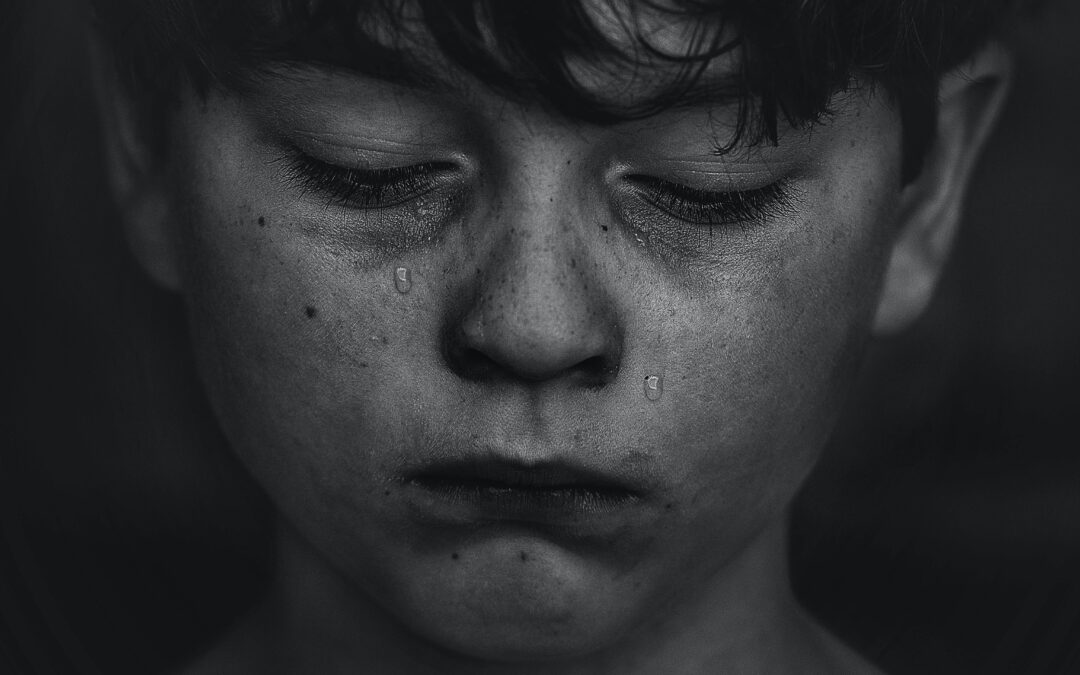Children who witness domestic violence may suffer serious and lasting consequences. Their physical, emotional, and psychological well-being can be significantly impacted by seeing or experiencing violence in the home.
Parents who experienced a difficult childhood understand all too well how terrifying it can be for a youngster to witness violence. Witnessing can refer to actually observing instances of sexual or physical abuse. It can entail hearing commotion or threats coming from another room.
The following are some effects of domestic abuse on children that they might encounter:
Physical health issues: Domestic violence’s long-term stress and trauma can have a negative impact on a child’s physical health. They could have other psychosomatic symptoms as well, such as stomachaches, sleep issues, and headaches. These stress-related health disorders may eventually lead to more serious conditions.
Trauma on the emotional and psychological levels: Children who witness domestic abuse may have severe trauma on the emotional and psychological levels. They might start exhibiting signs of anxiety, despair, PTSD, and problems controlling their emotions. Their sense of safety and security may be compromised by the continual exposure to violence.
Violence that is passed down through generations: Children who witness domestic abuse are more likely to subsequently become victims or perpetrators of violence themselves. They might discover that using violence to settle disputes is the norm, and they might find it difficult to develop appropriate coping skills. Intervention and encouragement are necessary to help kids build positive relationships and conflict-resolution abilities in order to break this pattern.
Fear: Children who witness abuse have a scared personality. They are constantly on alert, keeping an eye out for potential threats. They never feel safe because they never know what will set off the abuse.
Poor academic performance: Domestic violence’s stress and emotional upheaval can impair a child’s ability to focus and do well in school. They might struggle with learning, memory, and attention, which would affect their academic performance.
Social challenges: Children who witness domestic abuse may struggle to establish and sustain wholesome connections. They could have trouble expressing their emotions, have trouble trusting others, and show signs of social retreat or isolation. These difficulties may continue into maturity, hurting their capacity to create wholesome connections and a solid support system.
Children who witness domestic abuse are more likely to experience behavioral disorders. They might behave violently or disruptively themselves, turn hostile, or struggle to manage their rage. They might also practice negative behaviors toward themselves, such abusing drugs or harming themselves.
Withdrawn :Abused children experience loneliness and vulnerability. They are malnourished in terms of love, adoration, and acceptance. Low self-esteem sets in for them. Dad is consumed with running everything and mom is struggling to make ends meet, so neither of them are there for the kids. These kids experience psychological, emotional, and physical abandonment.
Unfortunately, even after splitting from their abusers, many moms still struggle mightily to shield their kids from continuous abuse because they are required to abide by the family courts’ contact orders.
In our humble view, this viewpoint is unhelpful when applied to working with kids because it de-empowers them. A girl does not have to become a victim of domestic abuse later in life, and neither does a boy who observed domestic abuse have to grow up to be an abuser.
It’s crucial to remember that not every child who witnesses domestic violence will experience the same impacts, and that personal factors like age, temperament, and support networks can affect how severe the effects are. Early intervention, counseling, and support programs can lessen the harm that domestic violence causes to children while also fostering recovery and resilience.

